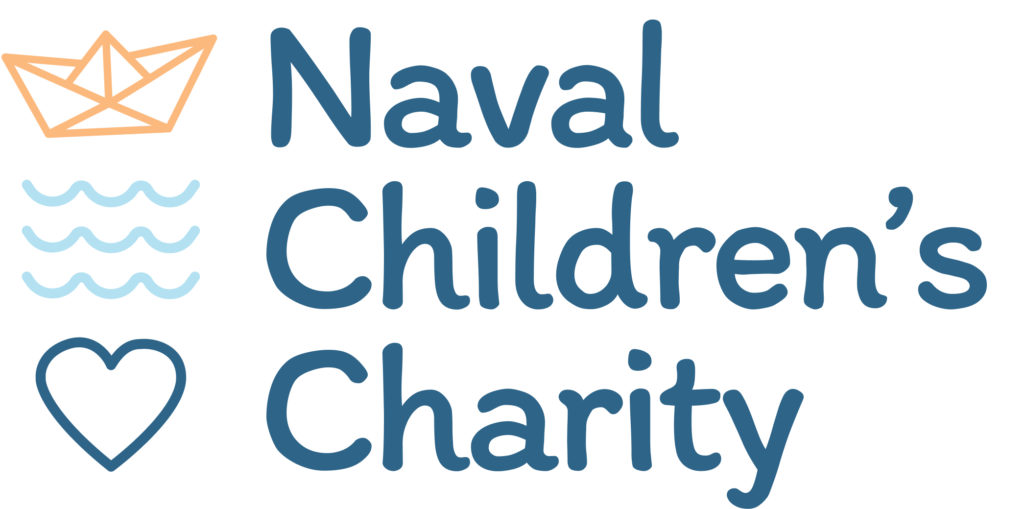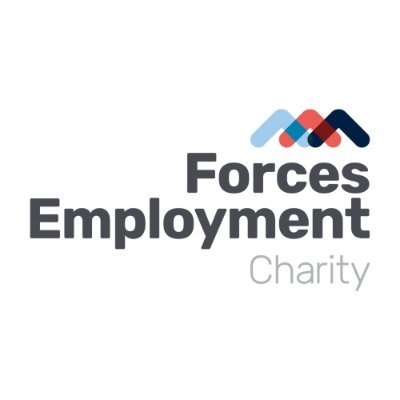New research commissioned by the Naval Children’s Charity has found a number of issues faced by military children in today’s society.
The report, entitled The Impact of Military Life in the Service Child, was authored by researchers at Veterans & Families Institute for Military Social Research (VFI) at Anglia Ruskin University (ARU). It examines a range of issues that affect service children, such as maintaining contact with parents serving away, the impact of lone parenting, and dealing with parental bereavement.
Click here to read the full report
The report is a follow-up to the Overlooked Casualties of Conflict report, also commissioned by the NCC and published in 2009. Since this was published, the number of service personnel with children reported by MOD surveys has increased from 48% to 79% (statistics correct as of April 2020). Based on the current strength of the UK Regular Forces, this reflects an estimated increase from approximately 91,000 to 115,000 service personnel with children since the previous report.
Researchers found that frequent relocation can have a significant impact on service children. These difficulties can be practical, such as problems with educational record transfer or differing curricula in UK nations, and children can also find it upsetting and difficult leaving friends behind.
Evidence indicates that mobile service children do not perform as well academically as non-mobile service children; a lower proportion of service children in England progress to university; and that service children are more likely to enter employment at 18 than civilian children.
Such moves also pose considerable difficulties for young people with physical or mental health problems, and there can be differences in the quality of care between different NHS providers.
The authors noted an increase in ‘weekending’, where serving personnel live away from their families during the week and return at weekends, in recent years. Evidence suggested that this brought benefits such as stability and home ownership, but there were also drawbacks from changed family dynamics and the effect of frequent separation from a parent on childrens’ mental health. Some children have been required to take on caring responsibilities as a result.
The findings also highlight many positives for children of having a parent in the military. These included having a positive role model; increased resilience and discipline; and pride.
Lead author Dr Lauren Godier-McBard, Women and Equalities Research Lead at the VFI, said: “Deployment and separation are integral parts of military life. There are significantly fewer service personnel deployed now than were deployed at the time of the previous report in 2009, although UK Armed Forces remain engaged in a number of overseas peacekeeping, training exercises and humanitarian operations.
“Despite this, a number of the challenges faced by children of military personnel are similar to those at the time of the last report.
“Separation or parental absence is highlighted by recent UK studies as one of the most significant challenges associated with having a serving parent, due to the unpredictable and disruptive nature of deployment, with different impacts on children of different ages.
“We found that children of mobile service personnel can often experience a lack of geographical ‘roots’, and therefore a loss of identity and sense of belonging. Coupled with practical difficulties, this has led to some service children falling behind both in attainment and their wellbeing.
“There are several areas covered in this report that are ripe for further research, particularly the impact of social media communication during separation, the challenges faced as a result of lone parenting, and family reintegration when the serving parent returns from deployment.”
Clare Scherer, Chief Executive of the NCC, said: “The impact of our original Overlooked Casualties of Conflict Report in 2009 was far reaching, directly changing the lives of service children in many ways. This new piece of research will, we hope, have a similar effect and will certainly inform the work of the Naval Children’s Charity as they provide much needed financial and holistic support to naval children, now and in the future.
“These findings reinforce the difficulties that service children can experience and have identified some new, important areas that require further scrutiny to ensure our children receive the help and support they need.”
To find out more about the Naval Children’s Charity’s commissioned research, click here




